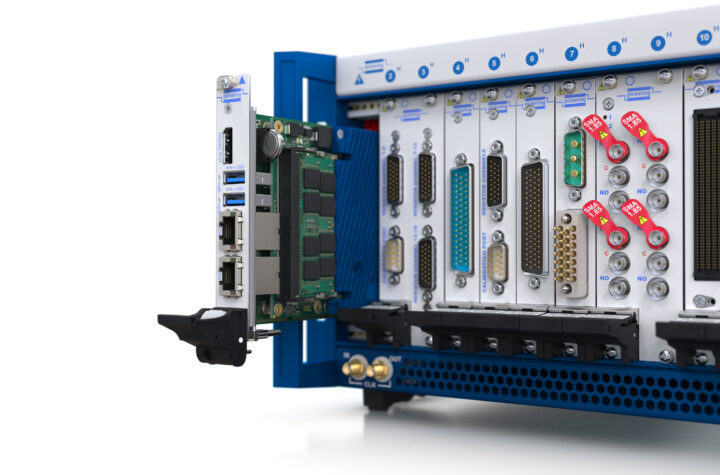
Driven by massive rises in metal prices, metal theft is now a serious problem. Thieves will take almost anything with a second-hand scrap value, a trend most notably demonstrated by the recent spate of railway line cable theft, and the resulting £16m cost to the rail network. But it’s not just the railways that are suffering as thieves are also regularly targeting a variety of other areas including the millions of tonnes of scrap metal generated by the automotive trade each year.
Metal waste is the most valuable dry waste commodity produced by automotive businesses. A typical mechanical workshop will produce various grades of metal ranging in value from £100 to £900 per tonne. With materials such as alloy wheels, aluminium components, suspensions and disc brakes discarded on a regular basis, there is a real and significant opportunity to offset other waste disposal charges with a consistent metal revenue stream. However, the high value of metal waste is not lost on illegal operators throughout the UK, and its widespread theft is making it difficult for the automotive trade to achieve any potential revenue from this valuable commodity.
As the crime figures surrounding metal theft continue to rise, so does the call for action in the industry. Until recently, the legislation governing the industry (Scrap Metal Dealers Act 1964), was written for the ‘Steptoe and Son’ era and failed to reflect the situation today. However, recent high profile cases (such as railway cable theft), has propelled the issue higher up the political agenda, and Government has finally recognised that the old scrap metal legislation is no longer sufficient to deal with what is an increasingly organised crime.
In December 2012 an amendment to the Scrap Metal Dealers Act (1964) was passed, which now outlaws cash transactions at scrap metal yards and fines have been significantly increased to tackle the problem. The overriding requirement of the new legislation is for transactions to have traceability and to provide an effective audit trail for all metal arriving at scrapyards, ultimately to remove the rewards that make metal theft such a low risk enterprise.
This increasing focus on traceability means that now, more than ever, businesses need to have a compliant system in place for the disposal of waste metal. As the waste producer, businesses must ensure all metal waste is collected by licensed operators who can provide a fully auditable trail from collection to sale. Failure to comply can lead to heavy fines, turning a potential revenue opportunity into a substantial cost to businesses.
The legislation is undeniably a step in the right direction but still does not do enough to stop the problem of theft at source from the waste producer. To combat metal theft and the impact this has on the automotive industry we must address the problem at all levels, providing businesses with support and innovative solutions to prevent theft, ensure legal compliance and ultimately realise the value of the metal waste they produce. It is not enough to address the issue at the final point of sale to the scrap dealers; by this stage the theft has already occurred and businesses are suffering as a result.
The problem for automotive businesses starts with the traditional containers available for metal storage. These are large and non secure containers, often branded with company names which advertise the valuable contents. These containers cause issues with space on site as well as acting as an open invitation for thieves, who will often return once an easily available source of metal is found.
Some of the innovative solutions to this problem being presented by waste management firms such as SWR, include offering customers secure, lockable containers, designed to meet the space constraints common at automotive businesses. This combined with regular and timely collection services helps to keep the thieves at bay. A good waste management company will also provide a fully auditable trail, from collection through to sale, supported by detailed reporting.
The safest position for any metal waste producing business to take is to ensure they have a track and trace system for all waste materials from their site, and that they account for all revenues and expenditure arising from this activity.
For further information on the new legislation and to find out more about waste management in the automotive sector, contact Will Keer on 0800 432 0550 or visit www.swrwastemanagement.co.uk














More Stories
New generation of Donaldson compressed air dryer systems offers enhanced reliability and energy efficiency
Lakshmi Prasad Bhatta on the quest for zero road deaths
Flexible Magna Manufacturing Solutions: The Key to Success in the Automotive Industry